FORT JACKSON, S.C. -- When Spc. Simranpreet Lamba steps onto Hilton Field today for his graduation from Basic Combat Training, he will recite the same Soldiers' Creed as his fellow graduates, but instead of a beret, he will wear a turban with his uniform; and his face is distinctive by the beard he sports.
Lamba is a Sikh, whose faith requirements include having unshorn hair covered by a turban and keeping a beard. He is the first enlisted Sikh Soldier in at least 26 years who has been granted religious accommodations by the Army, allowing him to adhere to his articles of faith.
For the 26-year-old Lamba, who will also be naturalized as a citizen today, a childhood dream has come true, he said. Lamba explained that Sikhs are depicted in history as warriors.
"I believe that I already have the warrior ethos in me and the warrior blood in me," he said. "That's why it's been my childhood dream to always be in the armed forces. And I'm really happy that my childhood dream came true. And I'm a proud U.S. Army Soldier today."
Lamba said that although he may look different, he is a Soldier like everybody else in his graduating class.
"I'm wearing the same uniform," he said. "There's nothing about my beard and hair that would stop me from excelling as a Soldier. I can do everything all other Soldiers do. I have the same flag on my right arm. I'm doing the same thing, defending the same country."
Lamba, a native of New Delhi, India, came to the United States 3 1/2 years ago to finish his education.
After his January 2009 graduation from New York University with a master's degree in industrial engineering, Lamba decided to stay in the United States and started a career in the private sector. Later that year, two Sikh officers, a doctor and a dentist, were allowed to serve in the Army while wearing a beard, unshorn hair and a turban.
Lamba said he was encouraged by the two Sikhs receiving religious accommodations for their articles of faith, and he decided to pursue a career in the Army. Despite his education, becoming an officer was not an option, because Lamba was not a U.S. citizen at the time, so he enlisted in December 2009. He was recruited under the Military Accessions Vital to the National Interest recruiting program, which enlists legal non-citizens with critical language skills, such as Lamba's knowledge of Punjabi and Hindi.
He then requested a waiver from the Army to allow him to keep his articles of faith. After a 10-month review, the Army approved Lamba's request on the condition that the religious accommodations will not affect training, unit readiness or cohesion, individual readiness, morale, discipline or safety and health; and as long as proper appearance and guidelines are maintained.
Lamba, who reported for BCT in September, said he spent months exploring options for proper head gear that would satisfy both his religion's and the Army's requirements.
"I did a lot of research - if I'm accommodated what I can do, what things I have to abide by, like the ACU under turban I'm wearing right now, which is ... similar to the patrol cap the (other) Soldiers wear," Lamba said.
Throughout training, Lamba wore an Army Combat Uniform-patterned turban in place of a patrol cap, which fit underneath his Kevlar helmet. In garrison, instead of a beret, Lamba will wear a black turban bearing his unit flash.
Lamba was assigned to Company A, 3rd Battalion, 34th Infantry Regiment for Basic Combat Training. Lt. Col. Bryan Hernandez, the battalion's commander, said he prepared himself for Lamba's arrival by educating himself about Sikhism and passed on his knowledge to his cadre. Lamba was given a chance to address his fellow Soldiers on the first day of training to eliminate any possible misconceptions about his appearance, Hernandez said, but after that, he was treated like any other Solider in the battalion.
"We didn't want to make Spc. Lamba stand out early. We wanted him to be able to meld in with the Soldiers just like everybody else," Hernandez said. "I think by us doing that, it set Alpha Company, it set the cadre, it set Spc. Lamba up for success, because we didn't give it a large slew of attention. He was allowed to go through training, just like everybody else."
Lamba did not ask for special privileges, said Sgt. 1st Class Michael Hildebrand, a drill sergeant with Co. A, 3-34th.
"He wanted to be treated just like everyone else, and I told him, 'You came to the right platoon, because I treat everyone the same,'" Hildebrand said.
Hernandez confirmed Hildebrand's assessment.
"The key things were that Spc. Lamba had to meet all the Army standards to graduate and do everything else for training, but there were going to be the nuances about the hair, about the beard, and we wanted to make sure it didn't impact any training. But there were no special privileges given to him beside that," Hernandez said. "As far as training, he did everything we expect every Soldier to come out of basic training to do; and he did extremely well through the entire process."
Hildebrand said that throughout his training Lamba has fit in well with the other Soldiers.
"The other Soldiers in the platoon actually love Spc. Lamba," he said. "Their family members have found out that we have a Sikh Soldier, and they have asked if they could write to Spc. Lamba to find out more about where he comes from. There has been no negativity expressed by the Soldiers toward Spc. Lamba."
Lamba's battle buddy, Pfc. Michael Haines, said Lamba had no problem integrating with others in his platoon.
"He has good values ... He has his religious values tied closely into his actions he takes," Haines said. "He's a good person. He does what he's told when he's told. He shows respect to everyone, regardless if they show him respect or not."
After graduating, Lamba will attend Advanced Individual Training as a combat medic at Fort Sam Houston, Texas. He said he eventually plans to apply for Officer Candidate School and become a logistics officer. Lamba said that so far, being in the Army has been a good experience.
"It has been really positive. And I'm really proud; and I'm really happy that (the) Army allowed me to serve, that they respected my religious beliefs, my articles of faith," he said. "I'm looking forward to having a long career in the Army."
In the know
Sikhism
-- Sikhism is a monotheistic religion.
-- Sikhism is a relatively young religion, which originated about 500 years ago in the Punjab region of India.
-- Worldwide, more than 25 million people are Sikhs, making it the fifth-largest religion behind Christianity, Islam, Hinduism and Buddhism.
-- Sikh core values include equality of all people, leading a moral life and social justice.
-- Sikhism was founded by 10 gurus (prophets).
-- The five articles of faith are meant to unify Sikhs and bind them to their religion. They are: Kesh (uncut hair, covered by a turban); Kirpan (religious sword); Kara (metal bracelet); Kanga (comb); and Kaccha (undershorts).
Source: www.sikhcoalition.org
Religious accommodations
-- On principle, all Soldiers must adhere to AR 670-1, Wear and Appearance of Army Uniforms and Insignia.
-- Soldiers may appeal to their chain of command to request a waiver for religious accommodations.
-- The Army reviews appeals on a case-by-case basis.
-- The final authority in the appeal process is the Office of the Deputy Chief of Staff, G-1.
Related Links:
Sikh Soldiers allowed to serve, retain their articles of faith
Traditional Sikh serves as Army dentist on Fort Drum
Second Sikh doctor allowed to wear articles of faith; enlisted Soldier in training
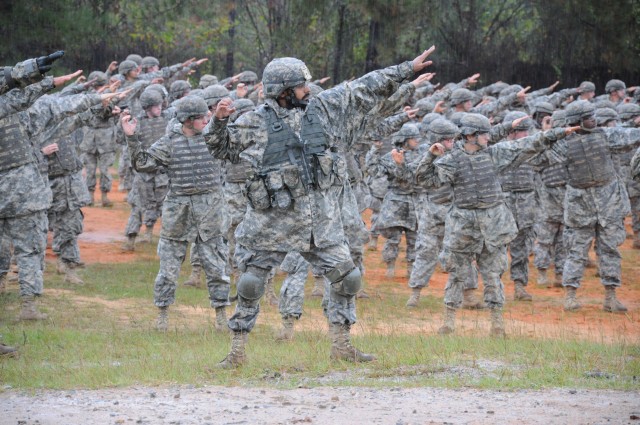
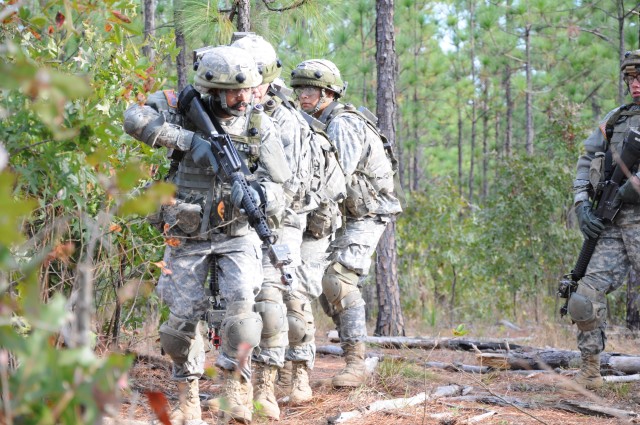
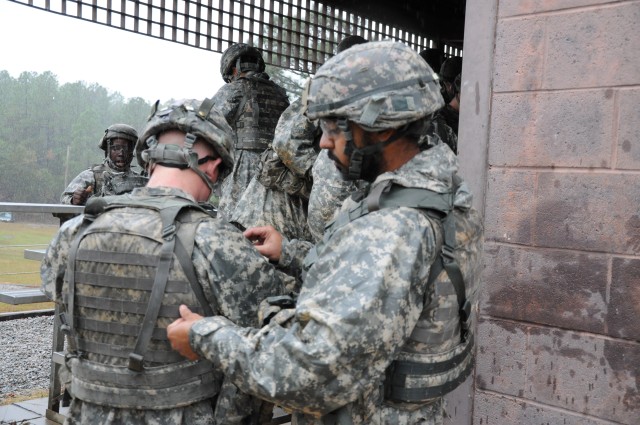
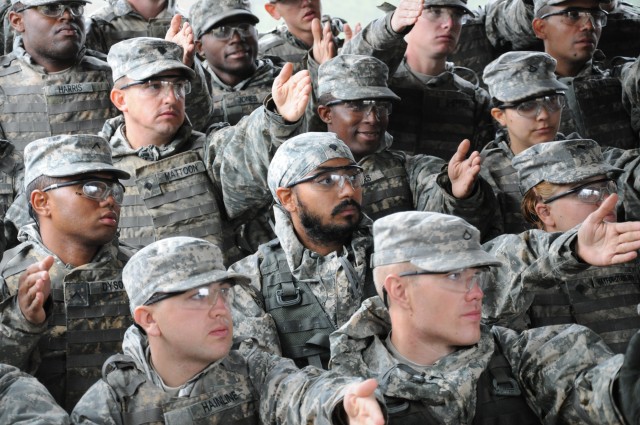
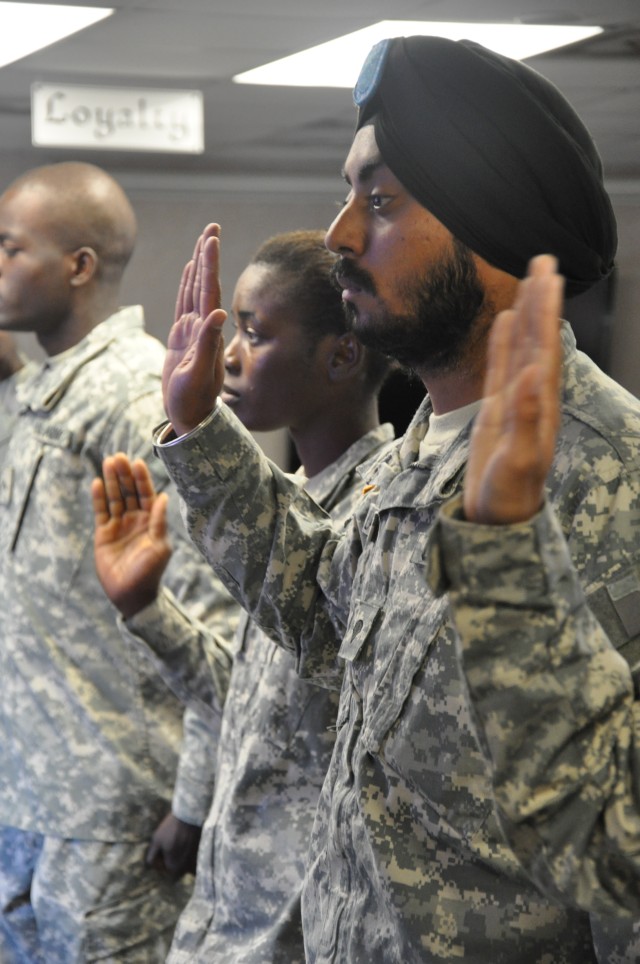
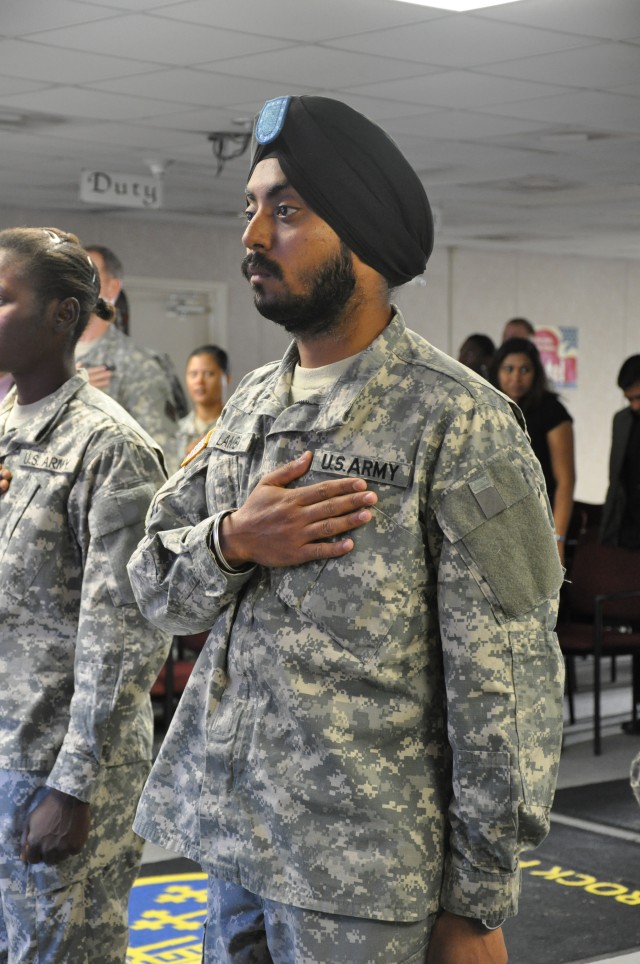
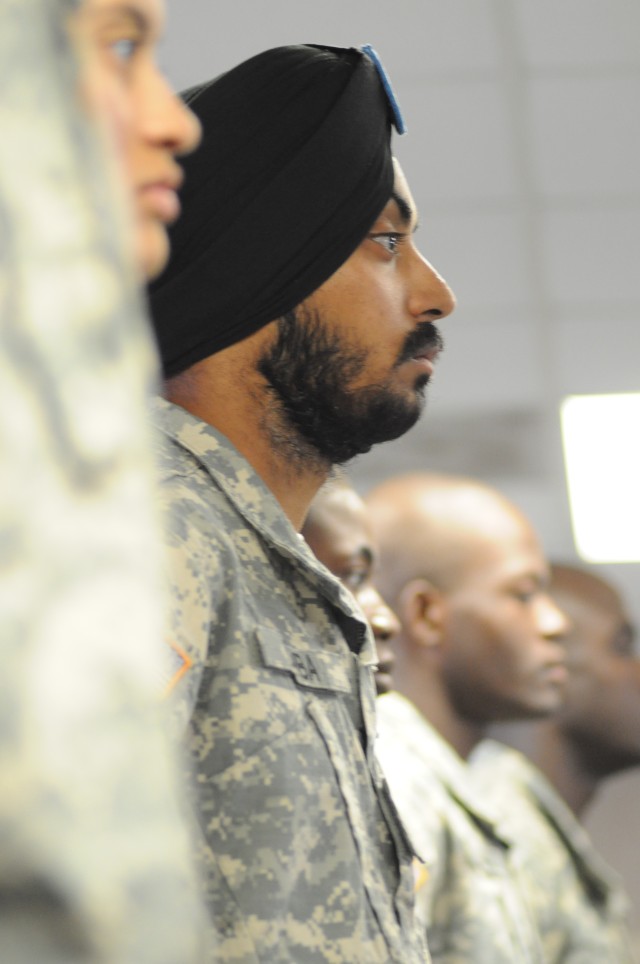
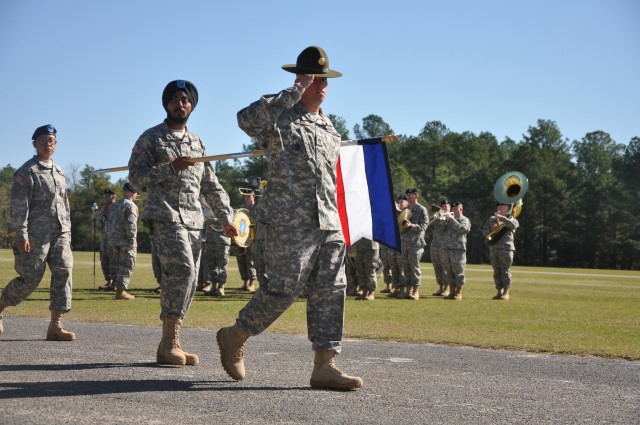
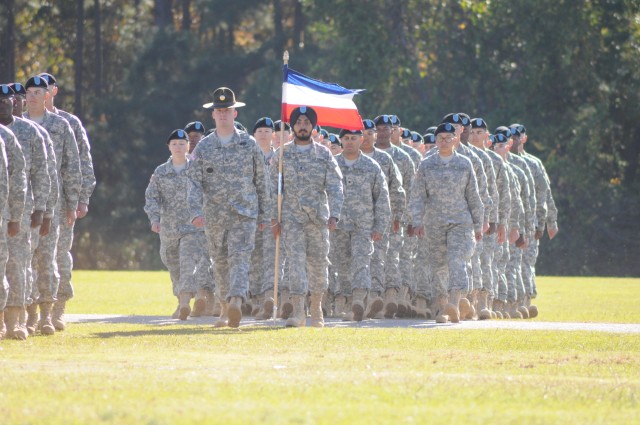
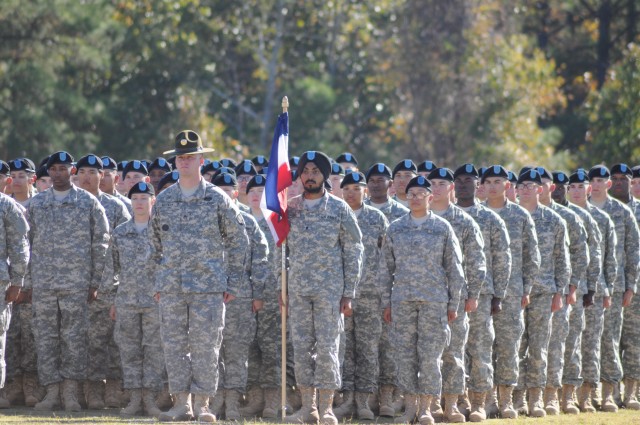
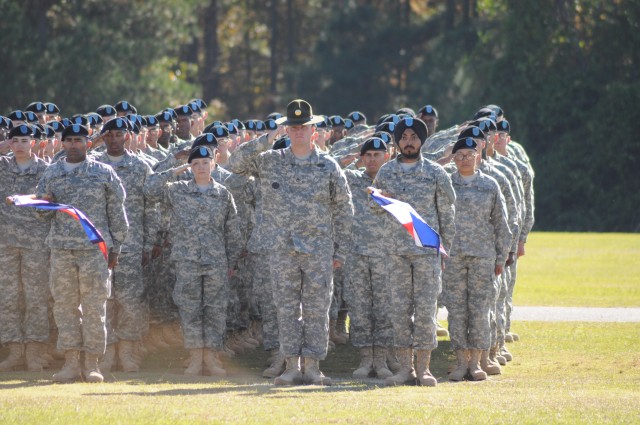
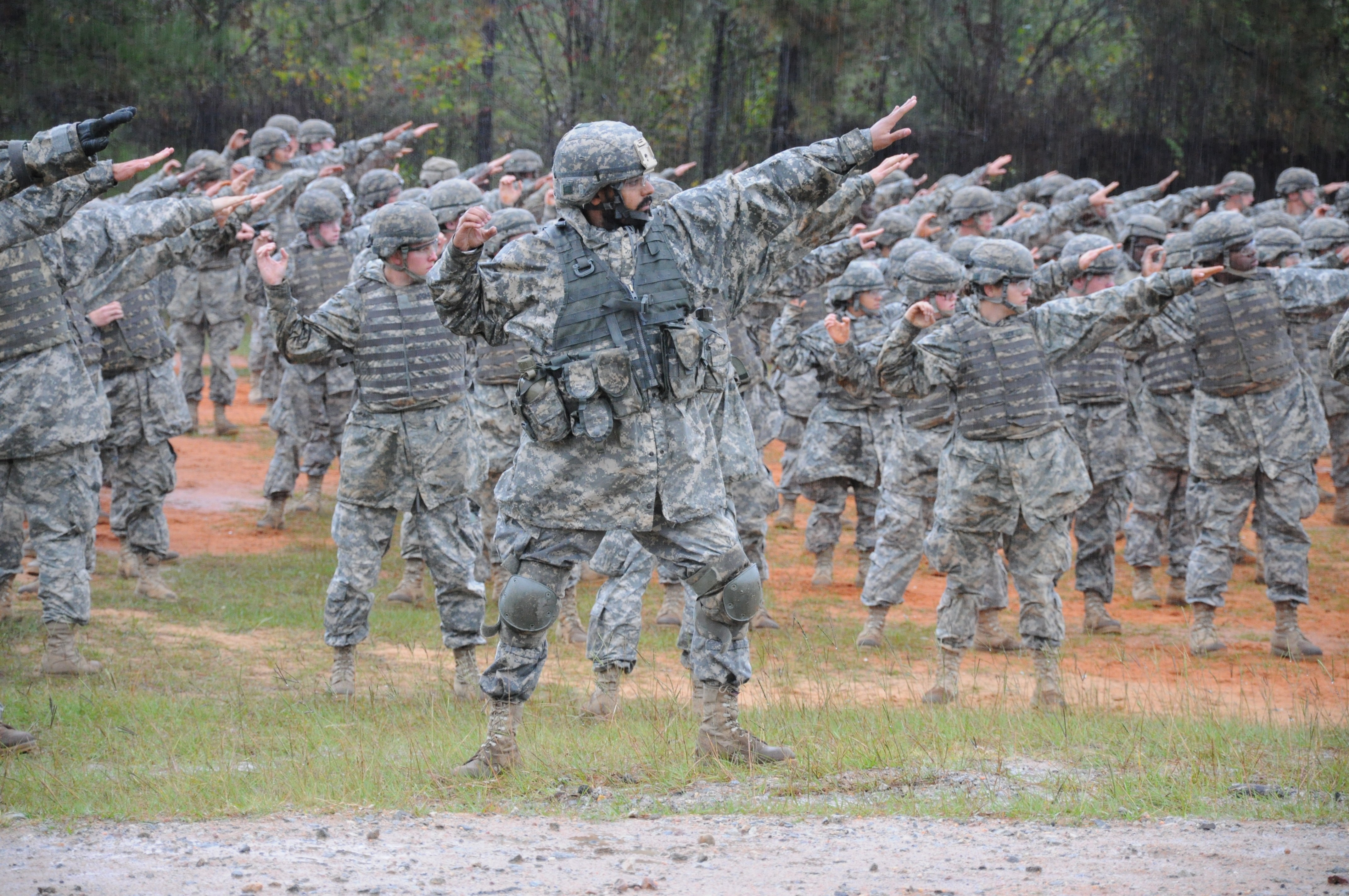




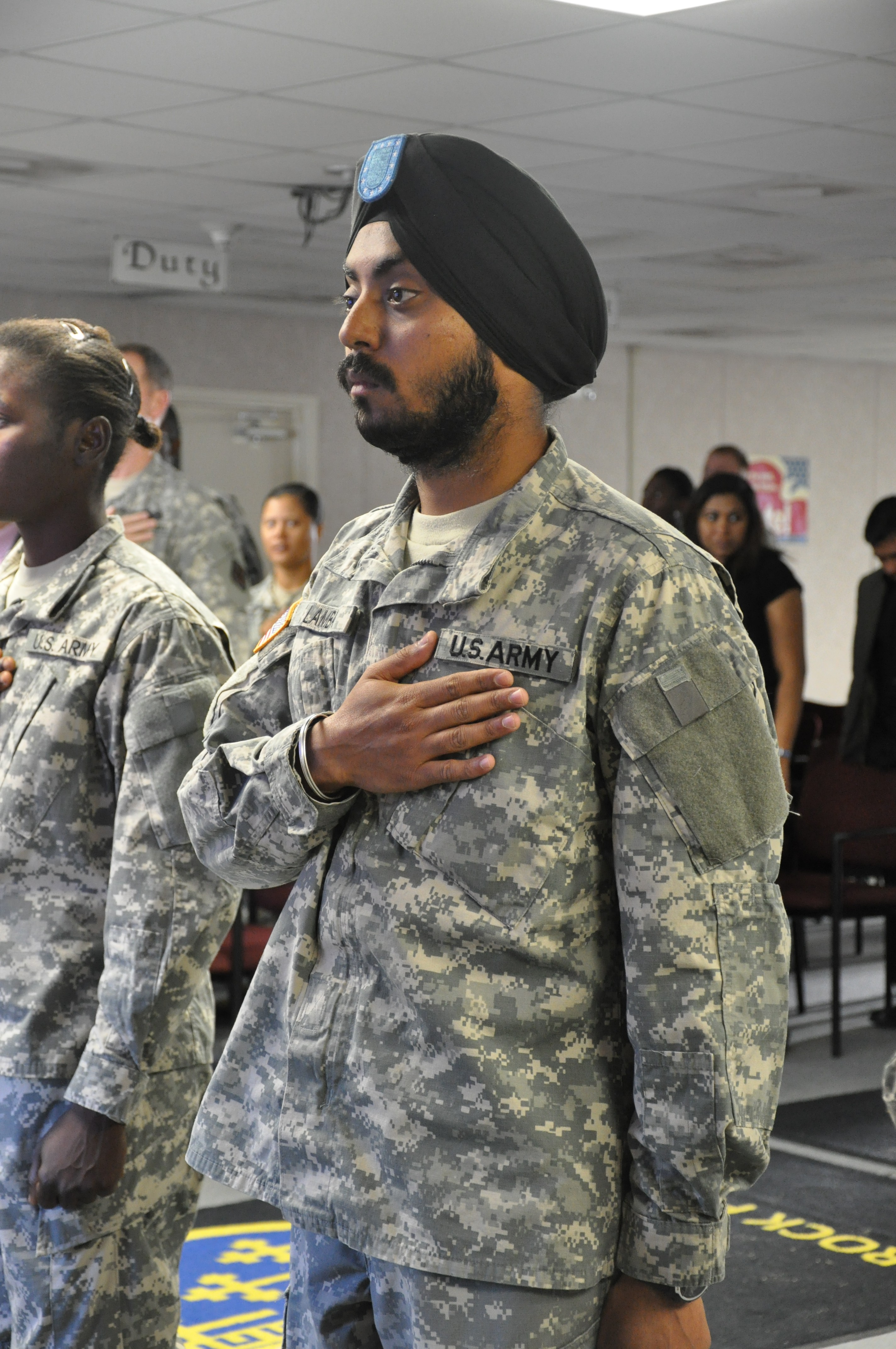
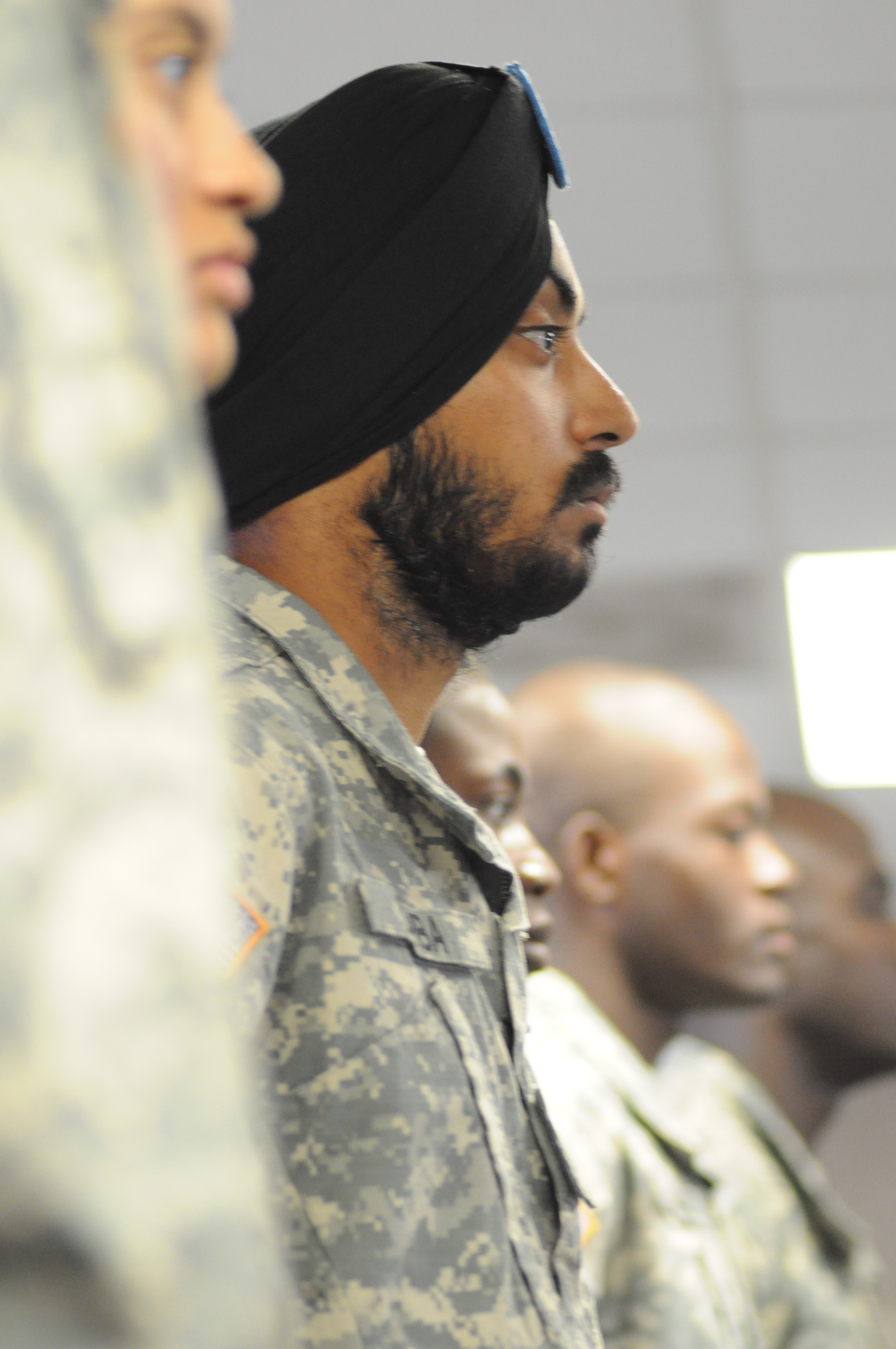

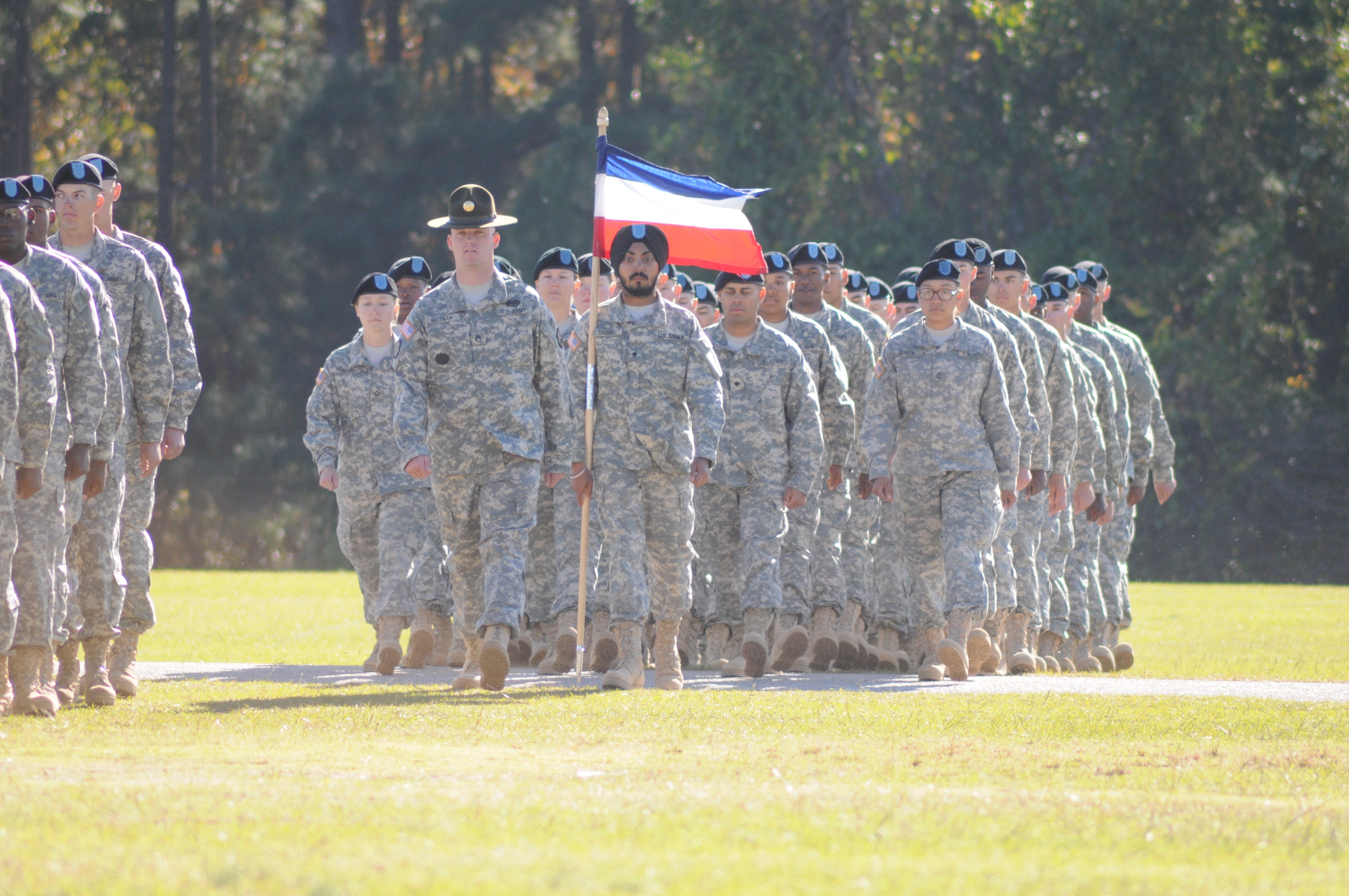
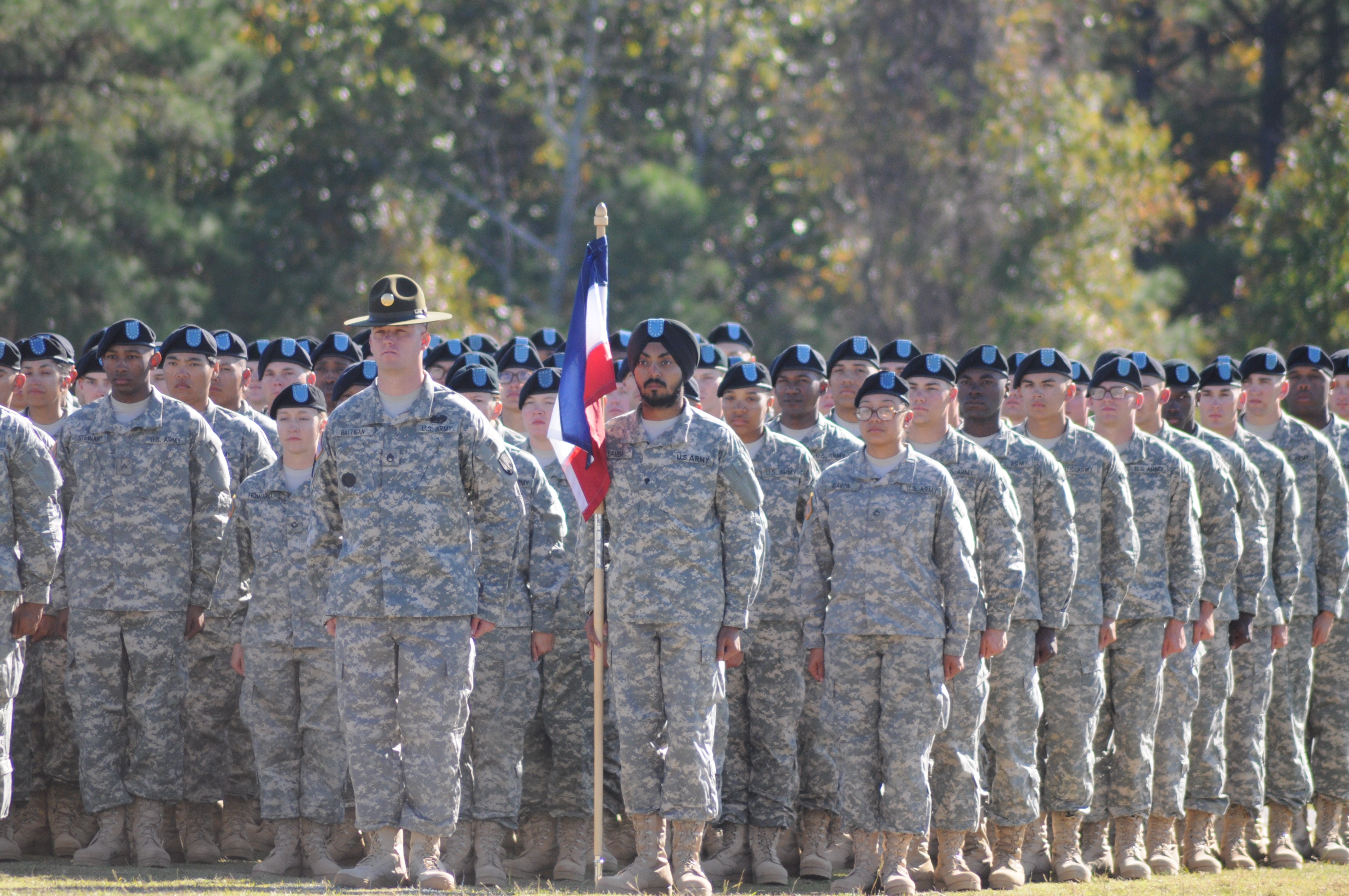
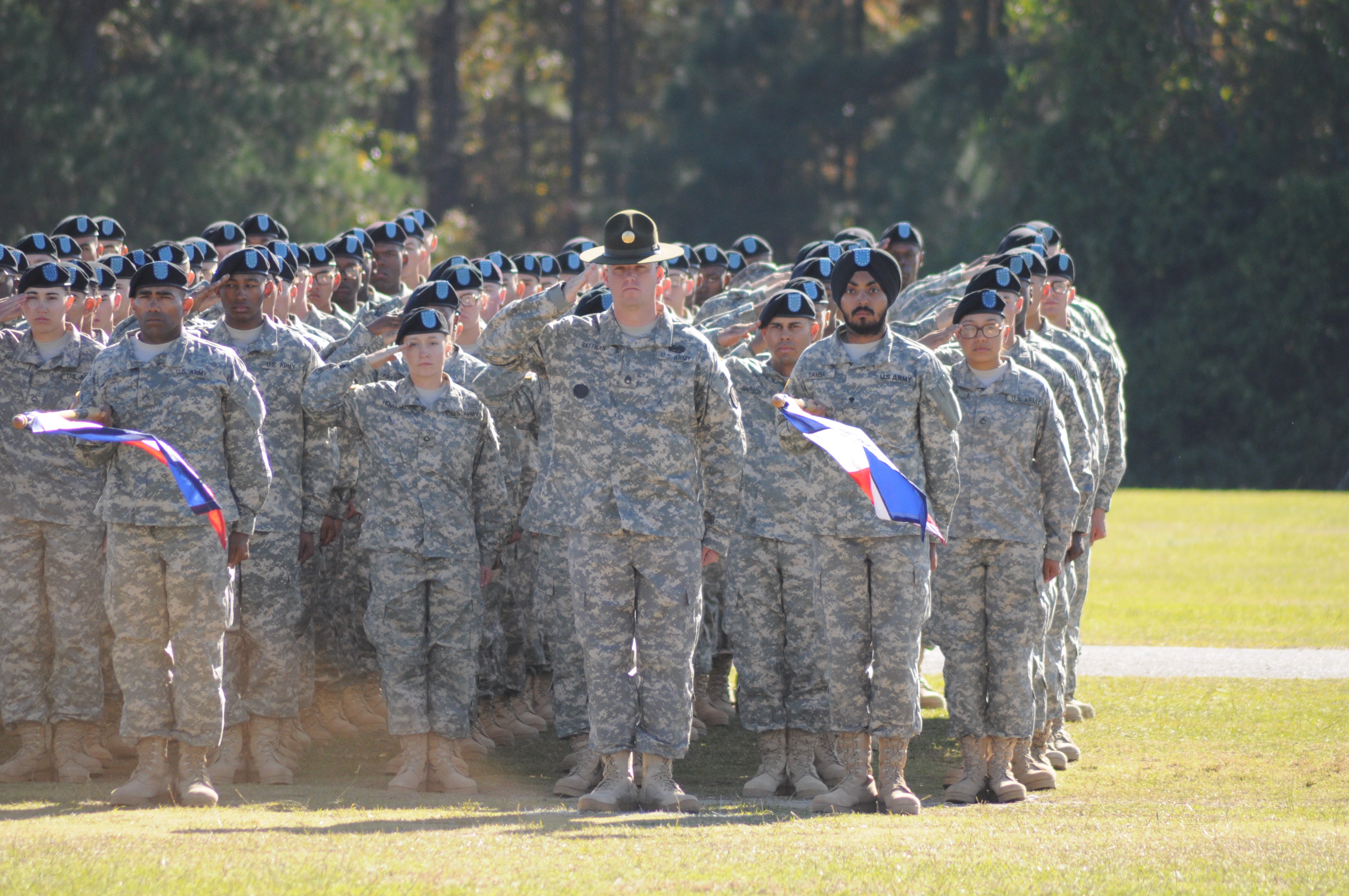
Social Sharing